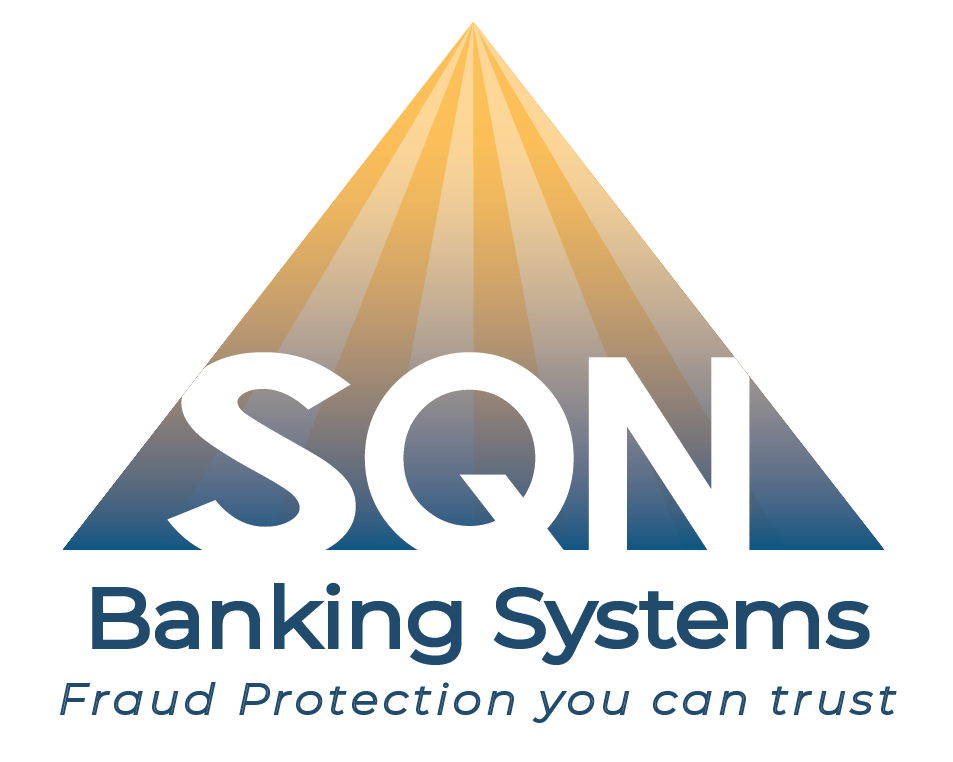Are Your Financial Institution’s Emails Safe from Hackers?

If a hacker accesses your financial institution’s emails, they may steal private information. They may send fraudulent emails to customers or members of your organization to gain valuable data. They may also wreak havoc in other ways. To protect your financial institution, make sure your emails are safe from hackers.
How to Protect Your Emails From Hackers
There are many strategies you can use to protect your financial institution from falling prey to an email hacker. Consider the following security provisions:
- Implement two-factor authentication. Two-factor authentication requires your employees to enter two pieces of information when signing into their email accounts. For additional security, consider using biometrics in the authentication process.
- Use a virtual private network (VPN). Ideally, you should route all internet traffic through a VPN at your bank, credit union, or other financial institution. A VPN encrypts the data you transmit.
- Avoid public Wi-Fi. If you allow your employees to access bank emails while they are out of the office, advise them not to use public Wi-Fi. Hackers can get onto unsecured Wi-Fi networks and gain access to your emails.
- Invest in quality anti-virus tools. To minimize the chance of hackers breaching your network, invest in quality tools that fight against cyber threats. Make sure these tools scan your system on a regular basis and keep them updated.
- Disable automatic email forwarding. In rare situations, auto-forwarding can be useful. If an employee leaves your financial institution, you may want to have all their emails auto-forwarded to a manager. However, if thieves temporarily gain access to an account, they can have emails forwarded to themselves.
Be Aware of Business Email Compromise
While you need to safeguard against email hacking, you should also be aware of business email compromise (BEC). BEC attacks are more common than ransomware, viruses, and most other cyberattacks. Cybercriminals rely on social engineering to convince your employees to share information or transfer money.
BEC attacks can take a number of different forms. A cybercriminal may pose as a vendor, email your accounting department, and request a payment for products or services. Alternatively, they may send out phishing emails, encouraging your employee to open attachments that put malware onto their computers.
Some BEC hackers may impersonate lawyers and request sensitive information. They may devise countless other schemes to convince loan officers, HR representatives, accounting personnel, or other employees to share sensitive information.
Most people in the financial services sector are relatively aware of these threats and often believe that they are immune. Experience shows that even the tech-savviest firms can fall prey to these scams.
In 2017, Evaldas Rimasauskas pretended to be a computer vendor and convinced employees from Google and Facebook to pay fake invoices. To create a look of authenticity, he incorporated his business in Lithuania and used a name similar to a Taiwanese computer company. Over two years, he stole $123 million.
How to Protect Your Financial Institution From Phishing Scams
Education is key if you want to avoid phishing scams. While you should work with all your employees, make sure to give extra attention to finance and payroll employees. Criminals target these departments the most frequently.
Advise your employees to implement these security measures:
- When hitting reply, check to make sure the email address matches the “from” address.
- If a vendor provides new account information or other details over email, always confirm over the phone.
- Never send wire transfers to foreign accounts without verifying the identity of the recipient. Consider requiring vendor payments and wire transfers be handled by two employees. This reduces the risk of sending funds to fraudulent accounts.
- Be suspicious of unusual payment requests marked “urgent” or “confidential.”
- Pay special attention to requests made at the end of the day or the end of the work week. Scam artists often send their requests when they anticipate employees may be rushed or tired.
How can you thoroughly protect your financial institution from email hacking and other cyber threats? You need a fraud protection partner that you can trust. At SQN Banking Systems, we provide customized solutions to prevent bank fraud and cyberattacks. Contact us today to find out how we can help your financial institution.
